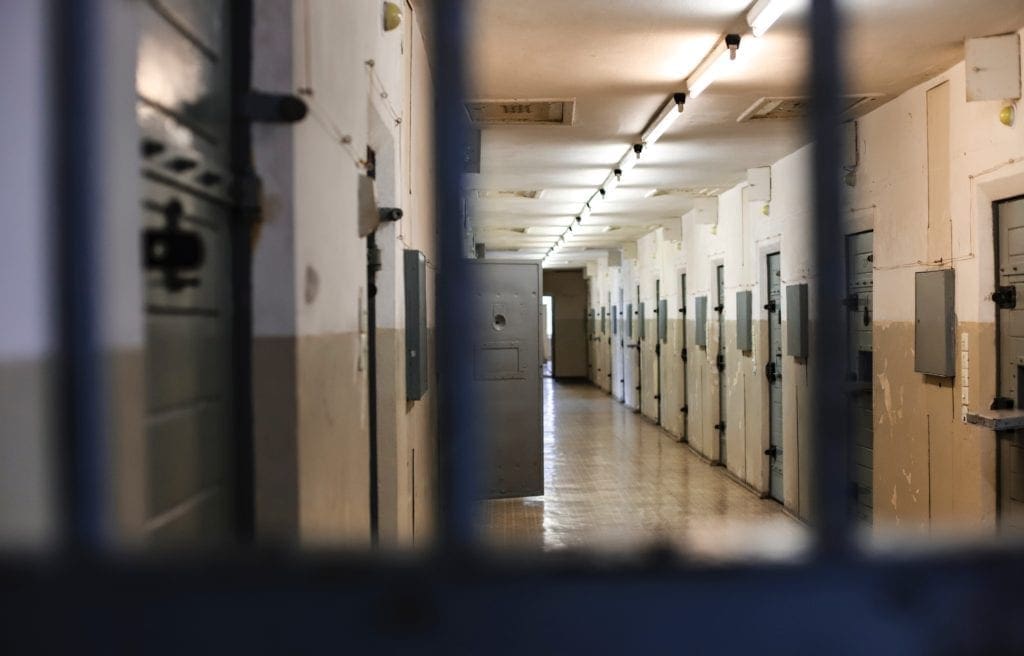Within the past month, many of the dozens of Democrats running for the party’s nomination for president in 2020 came out against the death penalty after former Colorado Governor John Hickenlooper announced that, if elected president, he would suspend the death penalty.

While this has not been a hot button issue in an election cycle – which has already been marked with plans for the abolishment of the Electoral College, gun confiscation, and socialized medicine – this might be the most humane decision made by any of the current contenders in the race by restricting a form of state action.
Since the death penalty is a state-sanctioned decision, it does not often receive attention during presidential discussions. However, when has a candidate in either party not wanted to use federal power in the last 160 years to issue proclamations against state’s rights? The constitutional argument aside, the death penalty has strong opposition across the board ranging from progressives to conservatives.
Libertarians have historically been opposed to the death penalty since it is the belief that life should only be taken in an immediate act of self-defense. In situations of potentially lethal assault against a non-violent individual or in acts of war between opposing military forces, violence and the imminent threat of death is understood.
However, just as it was wrong for Cain to murder his brother Abel for no reason other than greed, libertarians believe that it is just as wrong to put a person in a cage, walk them leashed to execution, and take the life of a person who has no ability to fight back. Whether secular or religious, libertarians stand for the right to maintain and protect life.
While Hickenlooper’s opposition to the death penalty should be admired, his executive action to restrict the rights of states to make their own legal decisions is both undemocratic and unconstitutional.
Therefore, it is the moral responsibility of all individuals who believe in life, liberty, and the pursuit of happiness to oppose unjust actions by those in authority and to organize into effect changes in their community, state, and nation.
Only then will righteous people have the legal and moral high ground in the courts of law and of public opinion.




















